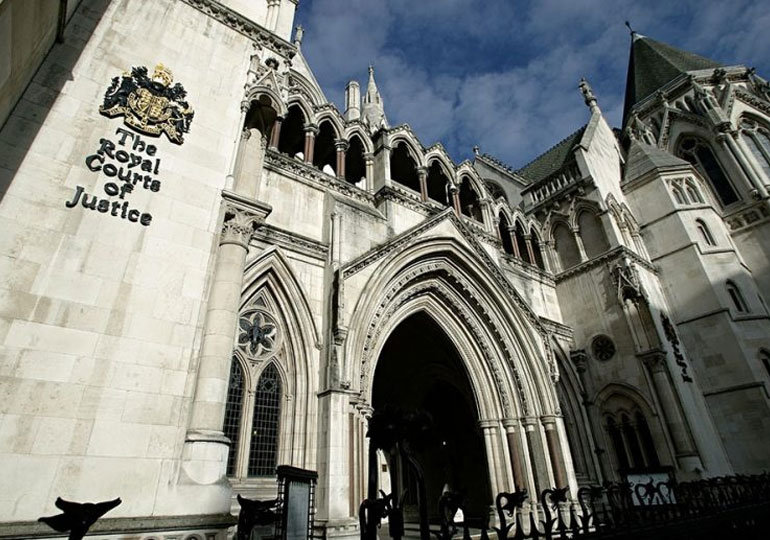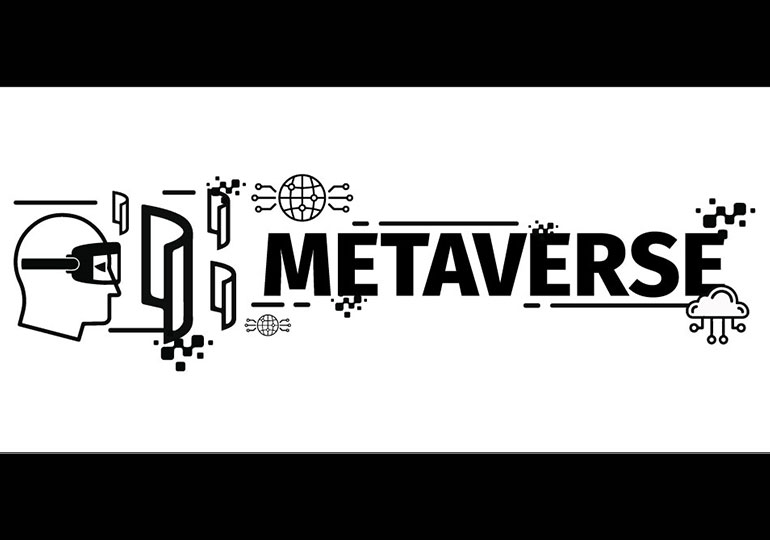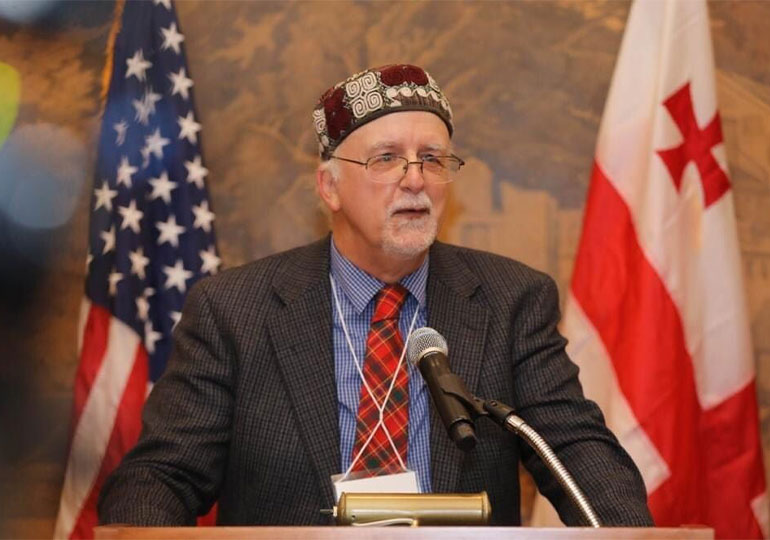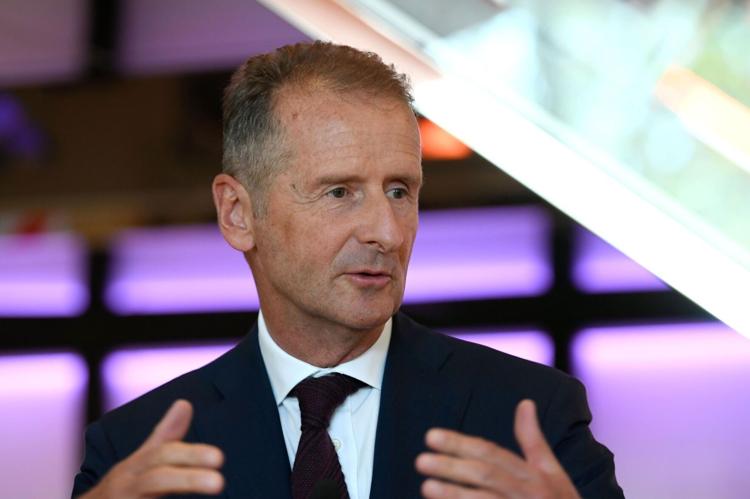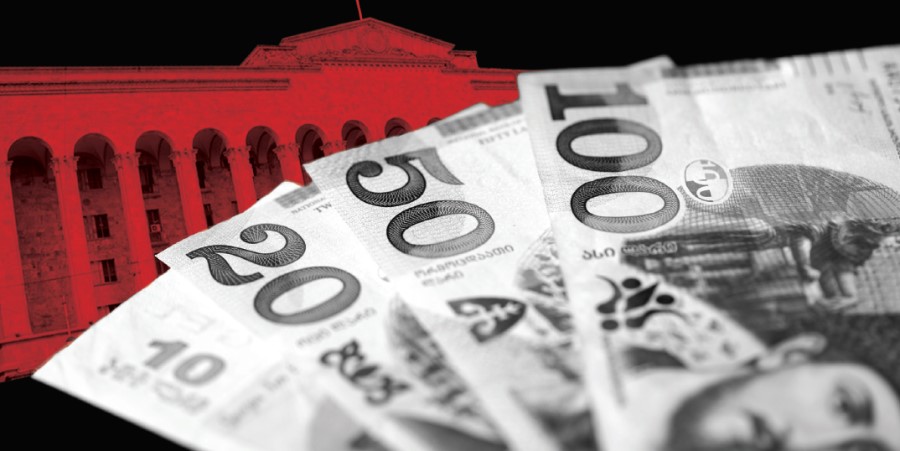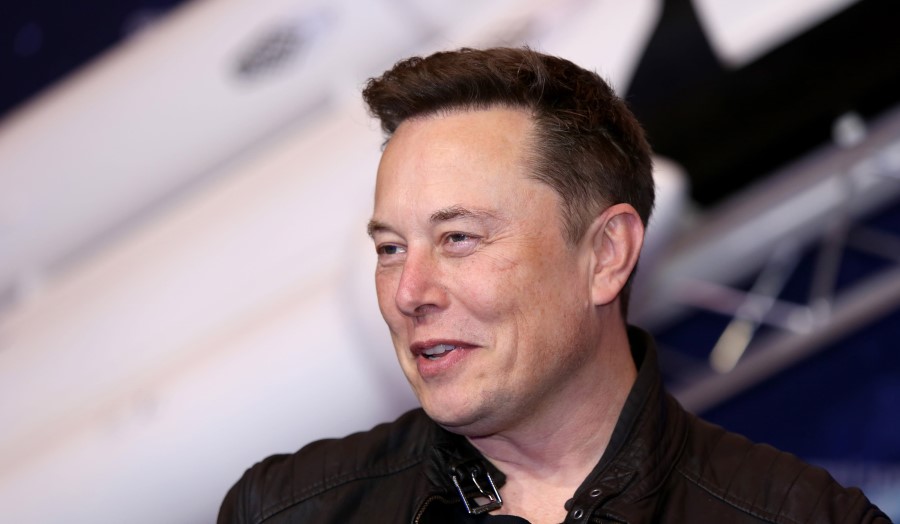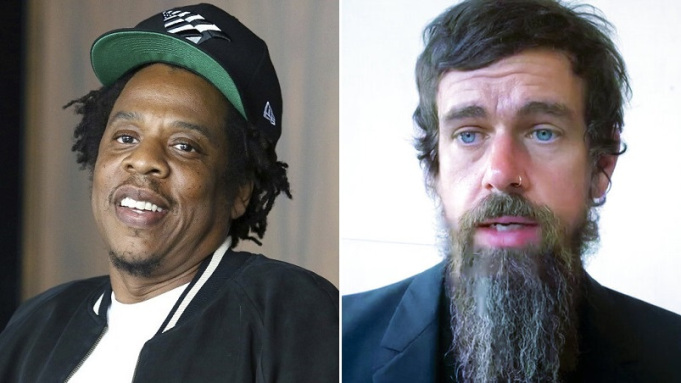It’s becoming clearer that in the not-too-distant future, international travelers will require some sort of vaccine passport or vaccine certificate, as a growing number of countries get behind the idea. The appeal is that these documents would allow countries to clear travelers upon entry without the need for quarantining and testing requirements. While the United States government has not yet indicated support for a vaccine passport, there are signs that the new administration is pondering it.
On his full first day in office, President Biden revealed his 200-page national pandemic strategy with seven goals aimed at ending the Covid-19 pandemic. Buried deep in the report, on page 181, is a directive for multiple government agencies to work together to “assess the feasibility” of linking Covid-19 vaccinations to international vaccination certificates and producing electronic versions of them.
Over the past few weeks in Europe, vaccine certification programs have been building up a head of steam.
The United Kingdom is preparing a certification system that would allow inoculated citizens to travel abroad this summer, reported the London Times today. British Foreign Office Minister James Cleverly told BBC Radio 4’s Today program it was “not an uncommon practice” for countries to require documentation on inoculations and that the UK government would work with international partners on this.
Last month, Ursula von der Leyen, president of the European Union Commission, said that she supports creating a common EU-established vaccination certificate that can be issued by member states to their citizens. Von der Leyen even suggested that such a certificate should be a “medical requirement.”
She was responding to a letter from Greek Prime Minister Kyriakos Mitsotakis, in which he called upon the European Commission to introduce a standardized coronavirus vaccination certificate to facilitate travel within the European Union bloc.
While they wait for an EU-wide vaccination certificate to become available, some European Union member states are already or will soon be issuing their own certificates to citizens who have been vaccinated against Covid-19.
On January 21, Iceland became the first European country to provide Covid-19 vaccination certificates to citizens who have received two doses of the vaccine. Iceland will recognize similar vaccination certificates that are issued from any EU or Schengen country.
This week, two other Nordic countries, Denmark and Sweden, announced they will also roll out digital passports that will not only allow citizens to travel but also dine out in restaurants and attend large in-person events like concerts and festivals. “It will be the extra passport that you will be able to have on your mobile phone that documents that you have been vaccinated,” said Danish Finance Minister Morten Boedskov. Sweden’s minister for digital development, Anders Ygeman, said his country hoped to be issuing its first electronic certificates in June.
Spain is also bullish on the health passport idea. “Vaccine certification is something we are going towards inevitably,” said Foreign Minister Arancha Gonzalez during an interview on RNE national radio last month. “It will be a very important element to guarantee a safe return to mobility.”
And at a meeting with the European Commission, Portugal’s Interior Minister Eduardo Cabrita ventured that vaccine certification would be easier to manage than the current Covid-19 requirements. Certificates “should act as proof of security and do away with certain requirements at borders — in particular, the requirement for PCR tests,” he said.
Cyprus is on the same wavelength. The Mediterranean island nation announced that it will abolish health requirements like testing and quarantine for travelers who could prove they had been vaccinated.
Poland also launched a digital vaccine passport last month. Citizens who get two doses of the vaccine receive a confirmation document with a unique QR code that is downloadable only from the traveler’s personal public health account. A printed version is available to those who do not have smartphones. “The document will be the so-called passport of the vaccinated person, which will confirm that the person has been vaccinated and can use the rights to which vaccinated people are entitled,” Anna Golawska, Poland’s Deputy Minister of Health, told reporters.
If a country-by-country solution sounds scattershot and cumbersome, the World Health Organizaton (WHO) is also working on a vaccine certification solution that can roll out on a global scale. The WHO’s position is that vaccine passports would be an improvement over current Covid-19 testing protocols and so-called immunity passports, which certify that someone has recovered from the illness and has antigens.
Since October, the WHO has been working with Estonia to develop a digital Covid-19 vaccination certificate using blockchain technology that they are calling a “smart yellow card,” reported Reuters. The play on words is a 21st-century wink at the old-school paper-based International Certificate of Vaccination, more popularly known as the “yellow card,” which has for decades provided world travelers with analog proof that they have been vaccinated against yellow fever.



